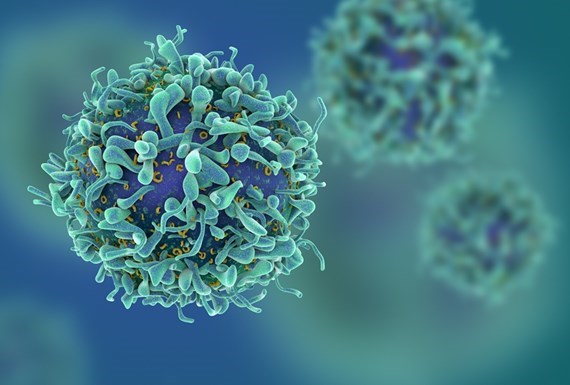Specialist in Immunology Fellowship Immune deficiency
diseases affect the body's ability to fight off infections and disease-causing microorganisms. In these types of diseases, viruses, bacteria, and disease-causing fungi can more easily cause infection and the resulting diseases are often more severe. Immune deficiency diseases are divided into two categories: acquired and congenital. Congenital immune deficiency diseases are also called primary immunodeficiency disorders and, unlike the acquired type, they affect the patient from birth. Acquired immune deficiency diseases or secondary disorders are caused by various reasons, such as infection with certain viruses or the development of certain cancers, and are more common than congenital disorders.
